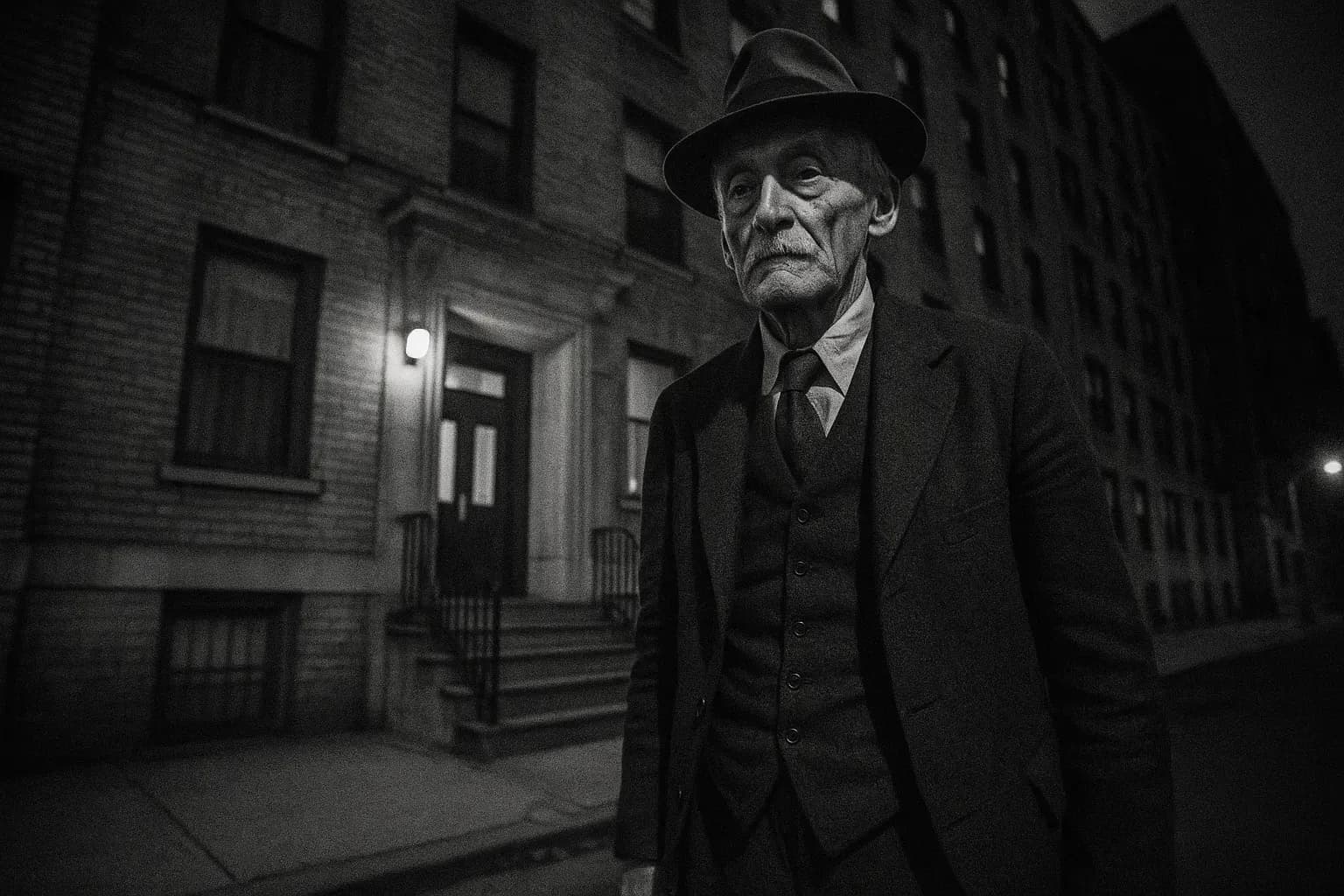
Mental illness
When the mind is the crime scene – Understanding, responsibility, and consequences in true crime
What role does mental illness play in true crime? From motive and act to the trial's outcome – understand the complex diagnoses and criminal responsibility.
When the mind is the crime scene – Understanding, responsibility, and consequences in true crime
Impact of mental illness on motive and legal process
In the context of true crime, mental illness refers to a mental state of a perpetrator that can be crucial for understanding the motive, the act, and the subsequent legal process. This concept within criminal behavior covers a wide spectrum of diagnoses and conditions, from severe psychoses that distort the perception of reality, to personality disorders such as psychopathy, which can profoundly affect behavior and social relationships. These aspects of a perpetrator's mental health can, in some cases, play a central role in the development of criminal behavior.
Responsibility assessment for mentally ill offenders
When a person with suspected mental illness commits a crime, complex questions arise regarding criminal responsibility and legal liability. Investigators and specialists in forensic psychiatry work to determine the extent to which the mental state affected the perpetrator's ability to understand the consequences of their actions or to control them. It is crucial to emphasize that mental illness in itself is not a direct cause of crime, but it can be a significant contributing factor. This often complicates the offender profile and the overall picture of the case, which can affect both the victim's experience and the final outcome in the legal system.
Sentencing and consequences for mentally ill offenders
The concept of 'mental illness' is thus crucial in many true crime cases, as it has far-reaching consequences for investigative methods, interrogation techniques, and defense strategies within the legal system. The question of criminal responsibility is central and can result in sentences to psychiatric treatment rather than ordinary prison sentences. Insight from criminal psychology is essential for understanding how mental illness interacts with criminal behavior. This remains an ongoing challenge and a central theme in the efforts to achieve justice, ensure effective crime prevention, and balance consideration for the individual's mental health with the overall safety of society.
How does mental illness affect the outcome of criminal cases? Explore cases involving psychotic conditions, personality disorders, and questions of criminal responsibility. Delve into our cases related to mental illness below.
Posts Tagged “Mental illness”
30 postsShowing first 20 of 30 posts. Use search or filters to find more.







.webp&w=3840&q=75)











